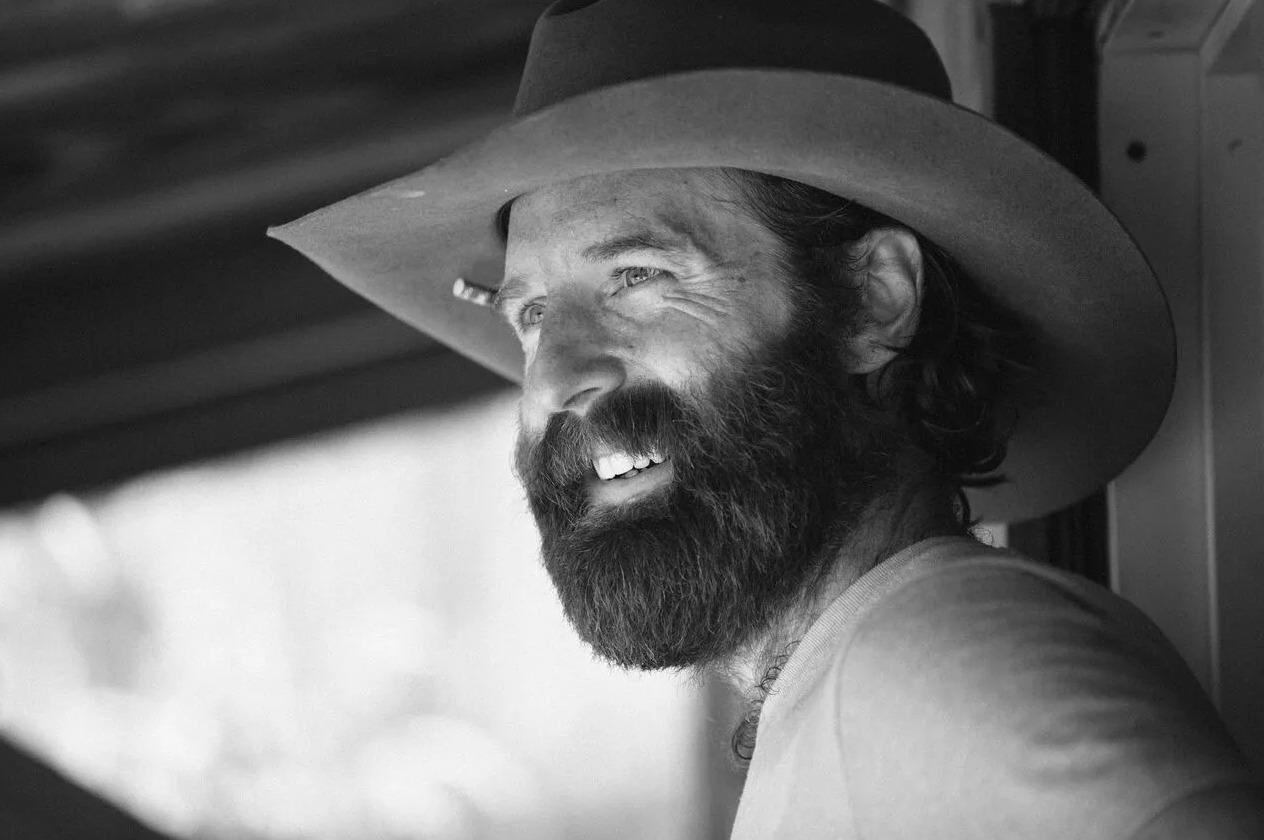They called us the TV generation. Because that was pretty much all we had. No smartphones. No computers. No internets.
We had a family TV. That was all. Some families had two TVs, but these were rich families. A few kids had TVs in their actual bedrooms, but these were kids known as “brats.”
Specifically, my family had a Zenith console TV that was about the size of a Waffle House. It sat in our den. The TV played “programs,” not “shows.”
We did not “stream.” We did not “binge-watch.” Episodes didn’t “drop.” We had commercial breaks wherein tiny men rowed little boats around inside toilet bowls. Commercials wherein a strange older man reminded housewives not to suggestively squeeze toilet tissue.
We had no Disney Plus. No movie channels playing on iPad tablets. The only tablets we had were the ones Moses gave us.
My family didn’t have cable television. We were like a lot of blue-collar families. We simply had an antenna. This antenna was made of aircraft aluminum and picked up exactly four channels: Channel 4, Channel 5, Channel 9 and Fred Rogers.
The antenna stuck out of your rooftop and looked like the weather vane from hell. Whenever the TV picture got fuzzy, the antenna could be easily pointed in different directions so that absolutely nothing would happen.
To reorient your antenna for a better signal, your mother stood downstairs, watching the screen, shouting commands through an open window to your old man, who was on the roof, painstakingly turning the antenna.
“Wait! Wait!” your mother would shout to him. “Okay, stop! No, wait! Go back! STOP! HOLD IT!”
The picture would be clear for exactly six seconds until your old man let go of the antenna. Which would unground the signal and ruin everything. This is why many evenings, everyone’s fathers just drank beer on the roof.
Thus, fundamentalist families like mine planned entire days around our family-based programs. Such as, “The Lawrence Welk Show,” or “Mother Angelica Live.”
When your program started, the whole family gathered in one room. We did this even if it wasn’t convenient because, here’s the thing, there were no second chances. You had one shot to watch your program with the rest of the world. And then it was over. No do-overs.
And if, by chance, you had to get up to pee during an important program, there was no “pause” button. So you had to do your business quickly at the toilet, being careful not to push too hard so as not to damage important urinary sphincters.
Our generation had to live in the moment. We couldn’t go “online” and rewatch episodes later. There was no online. There were no computers.
Our lives were computer-less except for the Texas Instruments calculator in your old man’s desk drawer. This was a brilliant little machine that could add and subtract.
Also, you could type in the numbers 7734, turn the calculator upside down, and the digital numbers would form the world “HELL.” You would do this for hours. Then you’d go back to watching interior paint dry.
Although we were the TV generation, our main entertainment device wasn’t the boob tube. As a kid, the primary entertainment tool was your bike. Every kid had a bike. Even foot-washing Baptists who didn’t own TVs had bikes.
A bike was your door to the real world.
On non-school days, you told Mama you were going to a friend’s house. Then, you got on your bike and you pedaled 129 miles, uphill, through the sleet, until you got to your buddy’s place.
Then, do you know what you did? You knocked on the door and engaged in a conversation with an actual adult. You made eye contact.
“Can Rachel play?” you asked.
“She can’t play right now,” Rachel’s mother would say.
Because Rachel was off hanging the laundry, darning her socks, waxing the floors, painting her house, or performing some other hapless chore we in the TV generation had to do.
And you dealt with this rejection. It was hard, yes. But rejection was part of life. Our parents didn’t shield us from rejection.
When we played baseball, for example, we had winners and losers. Winners got trophies. Losers dealt with their rejection maturely. We did this by shaking winners’ hands, then going to the parking lot to key their cars.
We did unsafe things. Our playgrounds had no cushioning. We had tetanus-covered tornado slides that would peel the skin right off your shoulder blades.
We wandered into the woods to start campfires, build forts, dam creeks, make rope swings, and try to injure each other by throwing sticks that looked like boomerangs.
We did all this without ever once snapping a photograph of it. Without once taking a selfie. Without ever sending a text message or shooting video.
The phone has already replaced my camera, newspaper, alarm clock, map, calendar, television, radio, and mailbox. I’m not going to let it replace my memories.
Sean Dietrich is a columnist and novelist known for his commentary on life in the American South. He has authored nine books and is the creator of the “Sean of the South” blog and podcast. The views and opinions expressed here are those of the author and do not necessarily reflect the policy or position of 1819 News. To comment, please send an email with your name and contact information to Commentary@1819News.com.
Don’t miss out! Subscribe to our newsletter and get our top stories every weekday morning.










